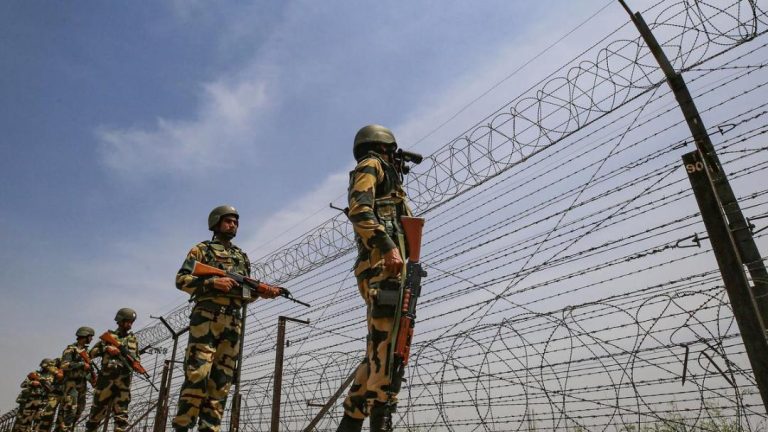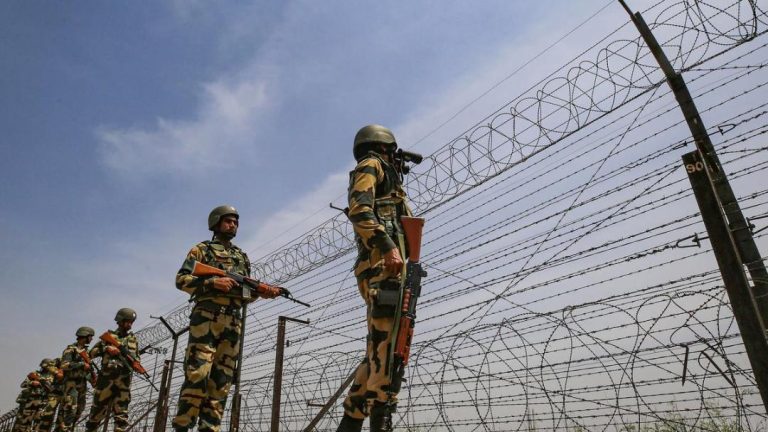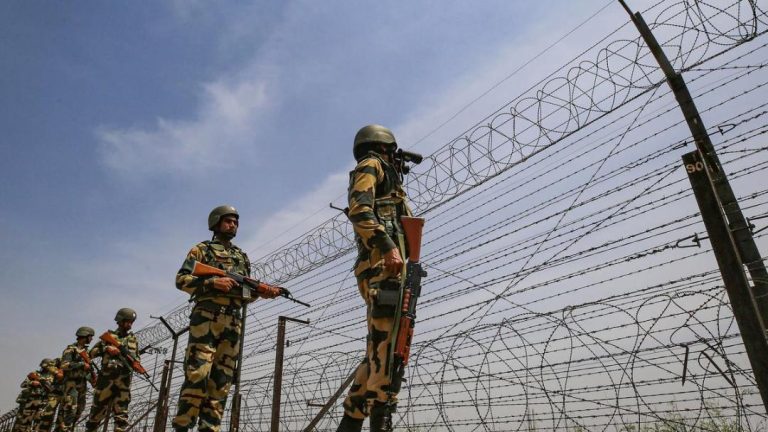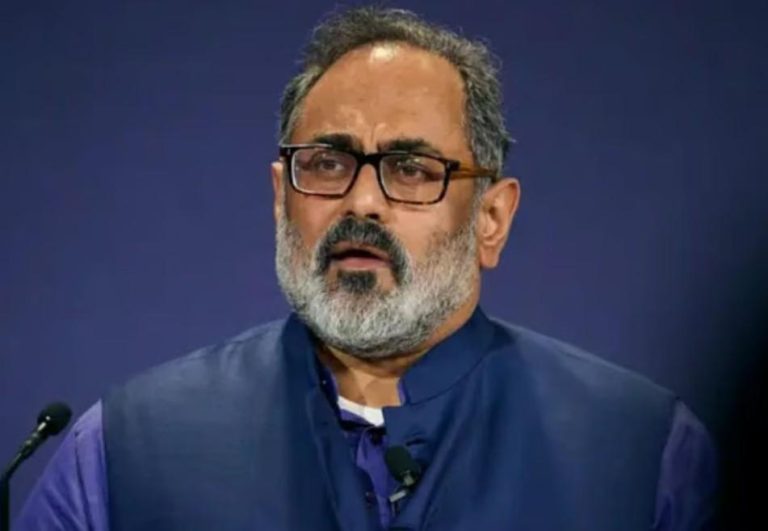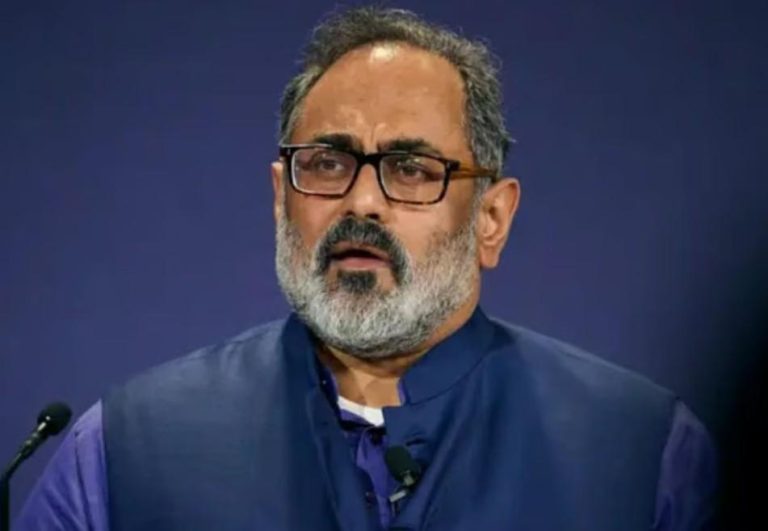
PM Modi Urges Myanmar Junta to Restore Democracy
The recent BIMSTEC summit, a regional bloc comprising of eight countries, witnessed a crucial diplomatic interaction between Indian Prime Minister Narendra Modi and Senior General Min Aung Hlaing, the junta chief of Myanmar. The meeting took place amidst growing concerns over the military coup in Myanmar, which has been marred by widespread protests, violence, and human rights abuses.
During the meeting, Prime Minister Modi emphasized the urgent need to restore democracy in Myanmar, reiterating India’s unwavering support for a Myanmar-led and Myanmar-owned process towards a peaceful and inclusive transition through credible elections. This development assumes significance in the context of the ongoing crisis in Myanmar, which has been ongoing since the military junta seized power in February 2021.
The military coup in Myanmar, which ousted the democratically-elected government of Aung San Suu Kyi, has been met with widespread international condemnation. The junta’s brutal crackdown on protesters, including violence, arrests, and killings, has led to a humanitarian crisis, with thousands of people forced to flee their homes. The international community has been calling for the restoration of democracy and the release of political prisoners.
India, which shares a long and porous border with Myanmar, has been one of the few countries to maintain diplomatic ties with the junta. However, Prime Minister Modi’s meeting with Senior General Min Aung Hlaing was seen as a significant step towards urging the junta to return to the democratic path. The Prime Minister’s statement, reiterating India’s support for a peaceful and inclusive transition through credible elections, is a clear indication of New Delhi’s commitment to promoting democracy and human rights in the region.
The meeting between Prime Minister Modi and Senior General Min Aung Hlaing was seen as a key diplomatic engagement during the BIMSTEC summit, which brought together leaders from eight countries, including India, Myanmar, Bangladesh, Bhutan, Nepal, Sri Lanka, Thailand, and Afghanistan. The summit aimed to strengthen regional cooperation and address shared challenges, including terrorism, radicalization, and climate change.
India has been playing a key role in regional diplomacy, particularly in the context of the Myanmar crisis. New Delhi has been engaging with various stakeholders, including the junta, democratic forces, and international organizations, to promote a peaceful and inclusive transition in Myanmar. India’s diplomatic efforts have been focused on encouraging the junta to return to the democratic path, release political prisoners, and engage in a meaningful dialogue with all stakeholders.
In recent months, India has been providing humanitarian assistance to Myanmar, including food, medicine, and shelter to those affected by the crisis. India has also been hosting a large number of Myanmar nationals, including students, who were forced to flee their homes due to the violence and persecution.
The meeting between Prime Minister Modi and Senior General Min Aung Hlaing assumes significance in the context of India’s relations with Myanmar. India has been a key partner for Myanmar, particularly in the areas of trade, commerce, and infrastructure development. The two countries have been working together on several projects, including the Kaladan Multi-Modal Transit Transport Project, which aims to improve connectivity between India and Myanmar.
However, India’s relations with Myanmar have been strained since the military coup, with many calling for a review of India’s diplomatic engagement with the junta. Prime Minister Modi’s meeting with Senior General Min Aung Hlaing was seen as a step towards re-engaging with the junta, while also emphasizing the need for democratic reforms.
In conclusion, Prime Minister Modi’s meeting with Senior General Min Aung Hlaing during the BIMSTEC summit was a significant diplomatic engagement that underscored India’s commitment to promoting democracy and human rights in Myanmar. The Prime Minister’s statement, reiterating India’s support for a peaceful and inclusive transition through credible elections, is a clear indication of New Delhi’s commitment to the democratic process in Myanmar.
As the international community continues to closely watch the developments in Myanmar, India’s role in promoting a peaceful and inclusive transition will be crucial. The meeting between Prime Minister Modi and Senior General Min Aung Hlaing is a significant step towards re-engaging with the junta, while also emphasizing the need for democratic reforms. It is hoped that India’s diplomatic efforts will contribute to a peaceful and inclusive transition in Myanmar, one that respects the will of the people and upholds democratic values.
